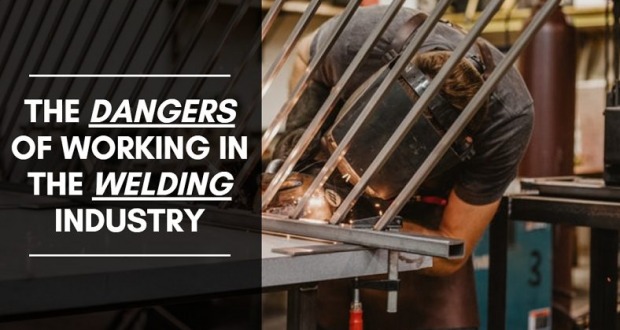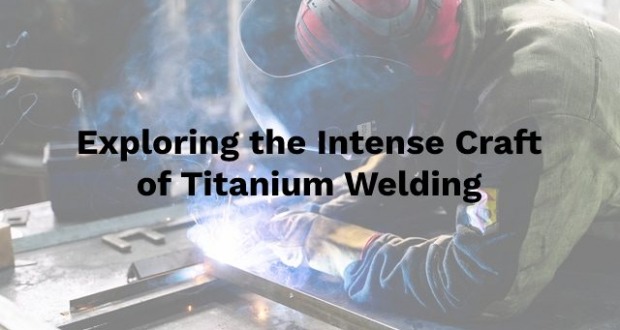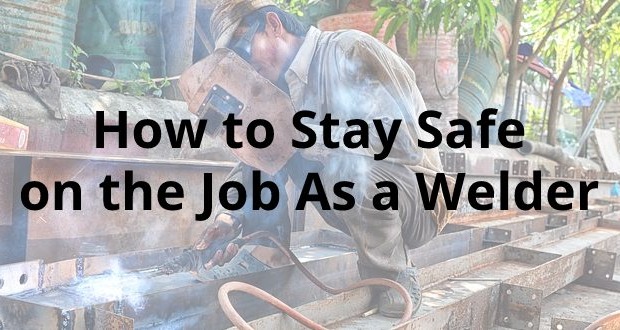
After you’ve gone through the best TIG welder reviews and selected your equipment, it is time to think about the metals that work best for TIG welding.
TIG stands for “tungsten inert gas,” which means this type of welding is also GTAW. You’re using a non-consumable tungsten electrode to deliver current to your welding arc. The weld puddle and the tungsten are protected by an inert gas, which is usually argon.
You’ll also have an advantage. With a TIG welder, you can weld more alloys and metals than with any other process.
What Metals Are Available for TIG Welding?
With TIG welding equipment, you can weld brass, copper, bronze, and even gold. You can also weld steel aluminum, magnesium, nickel allows, Chromoly, and stainless steel.
That’s why a neighborhood side hustle as a welder should focus on TIG welding. You can build, repair, or create artwork with this process.
Because you have superior control over your arc, which means you have better puddle control, you can create clean, consistent welds. You stay in control of your heat input when TIG welding, which means cosmetic welds can be at their best.
There are no sparks or spatter with this welding process either because only the filler metal needed is added to the welding puddle. That’s assuming, of course, that you are welding on clean metal. You’ll find no slag or flux with TIG welding either, nor does it create any fumes or smoke.
Where to Find Metals for TIG Welding?
Some of the metals, such as stainless, high-carbon steel, and nickel alloys can be found available for purchase at your local hardware store. Whether you have a national chain, such as Lowe’s or The Home Depot, or a local chain, such as the Do-It Best Stores, there should be an aisle filled with metal stock for you to use.
Because you have the ability to weld numerous types of metal with TIG welding, however, you may find the scrap market to be a better option. Copper and brass are often cheaper when you can purchase them at a second-hand level.
One of the best places for scrap brass is your local rifle, gun, or shooting range. Talk to the local manager about coming in to grab the brass shells, which will often be provided for free. You’ll need to remove the primer on the brass shells before you start working with them.
Items like doorknobs, silverware and even old bed frames may contain brass as well. Look for advertisements on sites like Craigslist, or in your local newspaper, for people who want to get rid of some scrap metal and furniture.
Water heaters and furnaces often have components that are made from brass as well. Certain HVAC system components are also known to have this metal.
As for scrap copper, your best option is to speak with managers at large demolition sites and construction sites. Lots of scrap copper tends to be in the form of wire, which isn’t always useful for welding purposes.
Check your town’s cleanout days for scrap copper. People really do throw out their old copper pipes, so grab them when you can. It is a good idea to offer a small payment if you take something from someone, even if it is curbside. If there is a “FREE” sign on it, however, your conscience will be clear.
Local auctions sometimes offer scrap copper for sale. Although you’ll pay a little more for the metal, it is a good chance to grab a large lot of it for your practicing needs.
Where to Find Scrap Magnesium
If you’re wanting to practice magnesium with your TIG welder, then you’ll need to be aware of the fact that this metal creates tiers of scrap quality.
Tier 1 is your high-grade magnesium scrap. It usually includes drippings, gates, and runners from die-casting operations. The benefit of using this type of scrap, even though it can be expensive, is that it is uncontaminated.
Tier 2 magnesium scrap is contaminated with oil. Type 3 is dross from processing operations, while Type 4 involves chips and fines.
You’ll find that most magnesium products are actually alloys. Hand tools, automotive parts, and similar items are usually discarded in landfills because it is too costly to separate the components involved.
Where to Find Scrap Gold for Welding
If you’re wanting to weld gold with your TIG equipment, finding the metal can be a little tricky. It can also be very expensive if you’re purchasing the metal outright. That’s why knowing where the best scrap gold can be found is an essential skill.
Anywhere that you’ll find high temperatures and metals mixing, there is a good chance that you’ll find a precious metal present there. Gold is often used in computer equipment, silver is used for brazing rods, and so forth.
The best place for scrap gold, however, will be your local thrift stores. People donate gold items all the time without realizing it. If you can tell the difference between real gold and fake stuff, then you can make some amazing finds.
There are 5 simple tests that you can perform to determine if the item you have found is actual gold:
1. Look for the hallmark on the gold. Almost all real gold items are stamped with a note which speaks to the quality of the karat weight. You’ll find it on clasps, the inner band of a ring, or on the back of a chain. In the U.S., you’ll find a K number, with 24K being pure gold. European gold uses a percentage system, with .999 equating to 24K.
2. Nitric acid will not create a reaction if the item is real gold. If the item you have turns green, then it is either gold-plated or fake.
3. Apply liquid foundation and powder to your arm. Then rub the metal you think is gold across that mixture. Real gold will usually leave a black streak behind.
4. Place the item you think is gold into a sink of water. Real gold tends to sink. If the item floats, then it is made from a different metal. You can also try running a magnet over it, as real gold will not stick to the magnet.
5. You can always take your suspected gold piece in for a professional appraisal.
Where Else Can I Purchase Metals for TIG Welding?
You will find that there are several online marketplaces that specialize in buying, selling, and trading metals. These outlets allow you to place an order for specific metals, then have them shipped directly to your home.
Even Amazon has vendors which offer metals for sale that are perfect for TIG welding.
Another local option to consider is a pawn shop. Some shops will purchase specific metals to resell them at a profit. You’ll still receive a fair price for the metal, help a local business owner, and not worry about the shipping wait from an online order.
Forgers, contractors, blacksmiths, and similar professionals may have scrap metals for sale. Some might offer their scrap for free. You might be able to connect with a local metals vendor or distributor through them for an ongoing supply of metals too.
If you’re familiar with the locations for purchasing metals for MIG welding, then the steps are similar to TIG welding. Get your metals, start practicing, and you will discover how much fun this process can be.




















